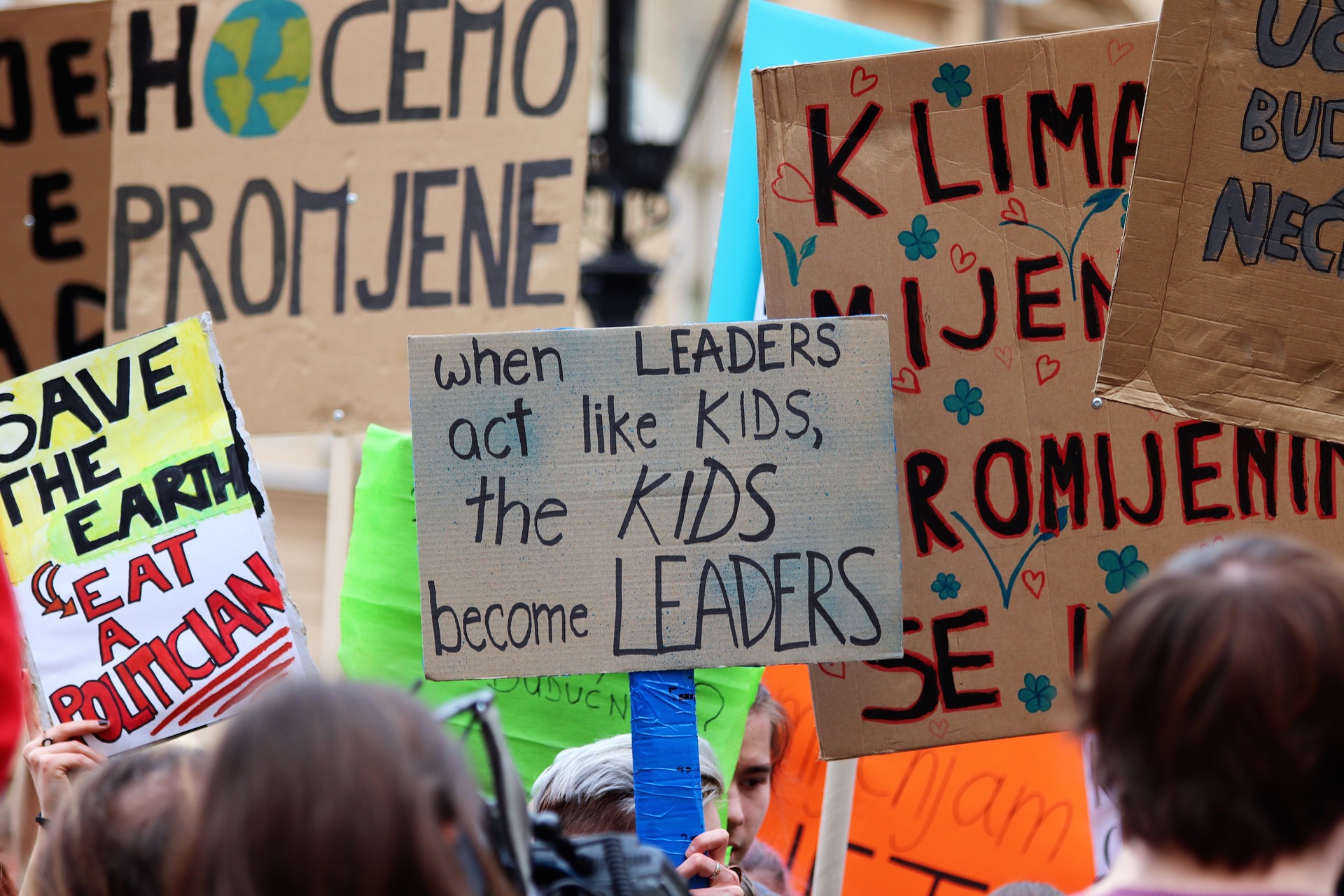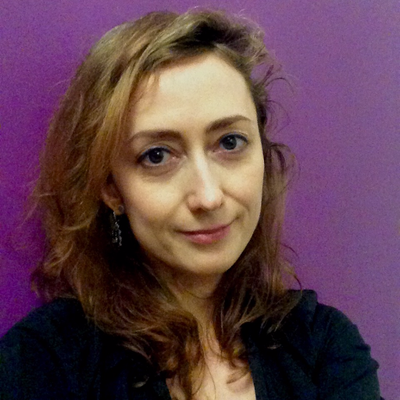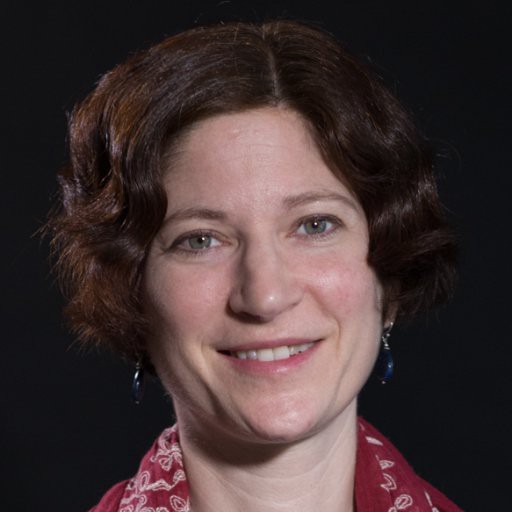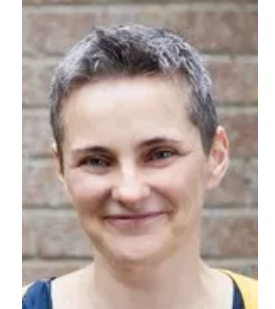
Researchers Turning Activists: Climate Emergency and the Alliance between Scientists and Environmental Activists
This online training has been organised by the Civil Society, Development and Democracy (CDD) Pathway and is open to all ESRC and non-ESRC funded PhD and MA Social Research students within the WRDTP’s seven partner universities. Whilst this session has been organised by the CDD Pathway, students aligned with the Cities, Environment and Liveability (CEL) Pathway and the Sustainable Growth, Management and Economic Productivity (SMP) Pathway may also find this topic relates to their research.
Over the past year the unfolding crisis of climate change was brought back to public attention and the political agenda thanks to environmental protests by Extinction Rebellion, Fridays for Future and others. Many researchers, who work on climate change and its wider consequences, came forward to speak out and support the protests, some even joined the protesters in the streets. However, usually academics are reluctant to go beyond communicating science and to become political activists. Many researchers feel that a boundary between science and politics must be upheld to maintain the credibility of science beyond political ideologies and agendas. But is that feasible and sensible in the context of climate emergency? The restraint has led to criticism from civil society, who at times express frustration over academics’ reluctance to support them more openly and radically.
Which role and stance should and can researchers adopt? Can and should researchers be activists? What are the benefits, what are the dangers? These questions are not only relevant for researchers interested in climate change but equally to researchers working on gender, racism etc. And of course there are important links between climate change, feminism, racism, inequality etc. In this workshop we will discuss the climate emergency from various perspectives (incl. eco-feminist perspective and why climate crisis is a racist crisis) and we will discuss scholar activism in the age of climate emergency.
This workshop has 2 objectives:
- Research: to sensitize students to climate emergency and how the climate crisis may be relevant to their own research. Students will be encouraged to relate various themes linked to climate change to their own work
- Visionary & Practical: to gain a better understanding of scholar activism and consider ways in which their own visions of a better future might be translated into action. Students will be encouraged to think beyond impact, to envision what they can do beyond mainly offering critique.
Training organiser and confirmed speakers
-
Organiser

Dr Viktoria Spaiser
Associate Professor in Sustainability Research and Computational Social Science, School of Politics ad International studies, University of Leeds -
Speakers

Professor Julia Steinberger
Professor of Social Ecology & Ecological Economics, School of Earth and Environment, University of Leeds 
Dr Niamh Moore
Chancellor & Fellow, Senior Lecturer, Deputy Director of Research Ethics in School of Social and Political Science, University of Edinburgh
Professor Paul Routledge
Professor in Contentious Politics and Social Change, School of Geography, University of LeedsProfessor Paul Chatterton
Professor or Urban Futures, University of Leeds and Future Leeds Co-Organiser
Anupama Ranawana
Visiting Researcher at Oxford Brookes University, Senior Researcher at Centre for Poverty Analysis, Colombo, Sri Lanka
This training session will be delivered via Blackboard Collaborate.
PLEASE NOTE: Our online training sessions will be recorded and will be available on the VIRE in an edited format for those students who cannot attend. If you wish to join this session but do not wish for your contributions to be included in the edited VIRE resource, please ensure that you select NO when prompted in the online booking form regarding recording.
Hourly Schedule
Schedule
- 12.00pm - 12.20pm
- Climate Emergency – What science tells us
- Julia Steinberger (incl. 5-min Q&A)
- 12.20pm - 12.40pm
- Climate Emergency – Feminist perspective
- Niamh Moore (incl. 5-min Q&A)
- 12.40pm - 1.00pm
- Climate crisis as a racist crisis
- Anupama Ranawana (incl. 5-min Q&A)
- 1.00pm - 1.10pm
- Short Break
- 1.10pm - 1.30pm
- PGRs reflect in breakout groups how climate emergency relates or should relate to their research
- 1.30pm - 1.50pm
- PGRs feedback what they discussed in breakout groups, speakers can comment
- 1.50pm - 2.10pm
- What is scholar activism?
- Paul Routledge (incl. 5-min Q&A)
- 2.10pm - 2.30pm
- Our Future Leeds
- Paul Chatterton (incl. 5-min Q&A)
- 2.30pm - 2.40pm
- Short Break
- 2.40pm - 3.00pm
- PGRs discuss in breakout groups on how (scholar) activism is relevant in their work/research
- 3.00pm - 3.45pm
- Panel discussion (incl. Q&A from PGRs)
- On the research activism link with all speakers: Panellists can discuss their experiences as scholars/activists, what is necessary in the current situation, how can it be achieved? Questions to be discussed: - Should the boundary between science and politics be upheld? - Which role and stance should and can researchers adopt? - Can and should researchers be activists? - What are the benefits, what are the dangers if researchers turn activists?








